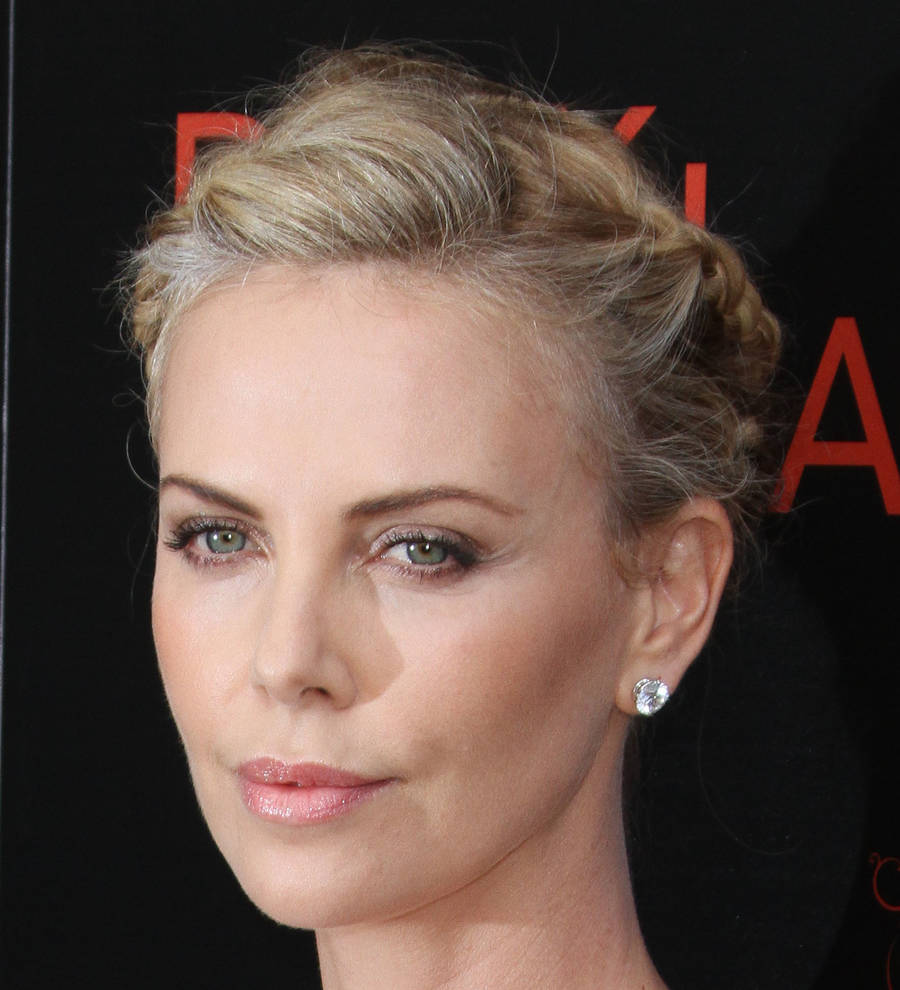Charlize Theron renews call for action against AIDS

Charlize Theron is calling on the global community to do more to raise awareness about HIV and AIDS prevention in a bid to stamp out the disease by 2030.
The actress and activist is the founder of the Charlize Theron Africa Outreach Project, which educates African youths on how to protect themselves from contracting the disease, and she has been using her position as a United Nations Messenger of Peace to spread the word.
The South African beauty took her fight to the U.N. Headquarters in
New York on Sunday (27Sep15), when she urged world leaders to step
up the fight against AIDS.
She said, "Young people are falling through the cracks in our fight
to end this epidemic. But we have reason to have hope to reach our
goal of ending AIDS by 2030. Because we know what works: empowering
young people to take control of their health. But they cannot do it
alone and they need all of us. Because an AIDS-free generation is
not something we can (simply) create. It's time to act boldly on
what we already know. It's time to end AIDS."
Theron continued her campaign on Monday (28Sep15), when she
recalled growing up in the midst of the AIDS crisis in South
Africa.
During an interview on breakfast show Today, she recalled, "In
South Africa, when I was growing up in the late '80s and early '90s
- when the epidemic really hit and we had very little information
on it - I remember being a young girl growing up with this
petrifying fear because people were dying and nobody knew why.
"Today we know why, and it's completely preventable, and yet more
young girls are dying today than 20 years ago and something is
wrong with that."
She revealed girls in her homeland are eight times more likely to
contract HIV than boys and it's this statistic which she is aiming
to tackle via her non-profit organization.
She continued, "A lot of people assume that we've come a long way
with HIV/AIDs - and we have, especially over the last decade. But
HIV/AIDS is still the number one killer of women of a reproductive
age worldwide. It's something that we still really need to care
about because it's really disproportionately hitting young girls
and young women.
"We've seen a stability or a decrease in a lot of the infection
rates across the board, but we are seeing an increase when it comes
to youth and adolescents. Somehow we're not reaching those very,
very vulnerable girls. That's what our project tries to do with our
grassroots organizations on the ground."



